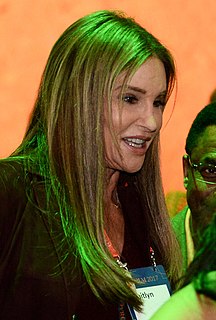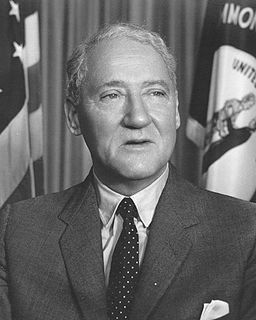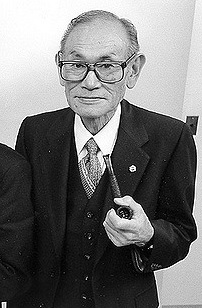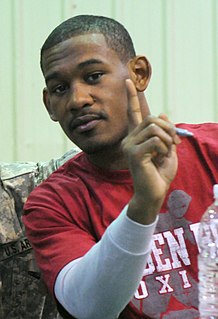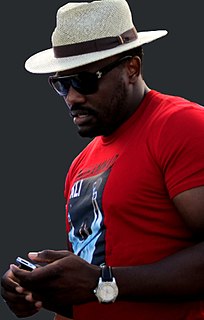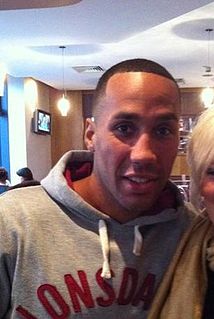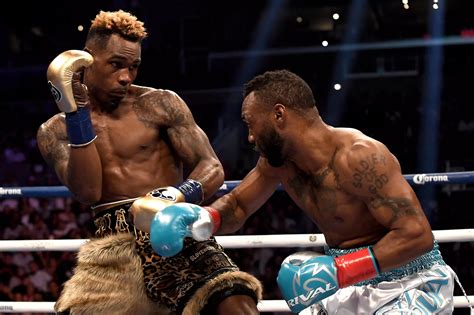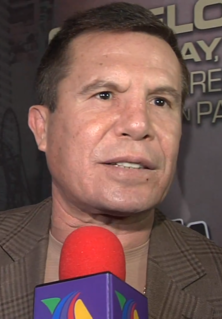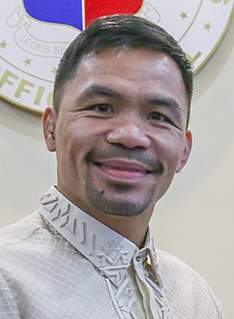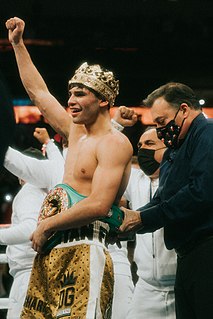A Quote by Mike Tyson
Mr. Arthur Ashe, he was good. I read some of his books. He knew about everything, but he was real quiet and didn't talk much. I never met him.
Related Quotes
Mr Beach was too well bred to be inquisitive, but his eyebrows here not. 'Ah!' he said. '?', cried the eyebrows. '? ? ?' Ashe ignored the eyebrows. ... Mr Beach's eyebrows were still mutely urging him to reveal all, but Ashe directed his gaze at that portion of the room which Mr Beach did not fill. He was hanged if he was going to let himself be hypnotized by a pair of eyebrows into incriminating himself.
When I pointed to him his palms slipped slightly, leaving greasy sweat streaks on the wall, and he hooked his thumbs in his belt. A strange spasm shook him, as if he heard fingernails scrape slate, but as I gazed at him in wonder the tension slowly drained from his face. His lips parted into a timid smile, and our neighbor’s image blurred with my sudden tears. “Hey, Boo,” I said. “Mr. Arthur, honey,” said Atticus, gently correcting me. “Jean Louise, this is Mr. Arthur Radley. I believe he already knows you.
His books were part of him. Each year of his life, it seemed, his books became more and more a part of him. This room, thirty by twenty feet, and the walls of shelves filled with books, had for him the murmuring of many voices. In the books of Herodotus, Tacitus, Rabelais, Thomas Browne, John Milton, and scores of others, he had found men of face and voice more real to him than many a man he had met for a smoke and a talk.
One of the things I do take some pride in is that if you had never read an article about my life, if you knew nothing about me, except that my books were being set in front of you to read, and if you were to read those books in sequence, I don't think you would say to yourself, 'Oh my God, something terrible happened to this writer in 1989.'
One can't prescribe books, even the best books, to people unless one knows a good deal about each individual person. If a man is keen on reading, I think he ought to open his mind to some older man who knows him and his life, and to take his advice in the matter, and above all, to discuss with him the first books that interest him.
There are three infallible ways of pleasing an author, and the three form a rising scale of compliment: 1, to tell him you have read one of his books; 2, to tell him you have read all of his books; 3, to ask him to let you read the manuscript of his forthcoming book. No. 1 admits you to his respect; No. 2 admits you to his admiration; No. 3 carries you clear into his heart.
For the longest time after that, neither of us said anything. I was unaccustomed to his silence, but I didn't mind it. I knew near everything about him, and he knew near everything about me, and all that made our quiet a kind of song. The kind you hum without even knowing what it is or why you're humming it. The kind that you've always known.
Before the war, my parents were very proud people. They'd always talk about Japan and also about the samurai and things like that. Right after Pearl Harbor, they were just real quiet. They kept to themselves; they were afraid to talk about what could happen. I assume they knew that nothing good would come out of it.
He would talk to them of stories and books, and explain to them how stories wanted to be told and books wanted to be read, and how everything that they ever needed to know about life and the land of which he wrote, or about any land or realm that they could imagine, was contained in books. And some of the children understood, and some did not.
The thought of these vast stacks of books would drive him mad: the more he read, the less he seemed to know — the greater the number of the books he read, the greater the immense uncountable number of those which he could never read would seem to be…. The thought that other books were waiting for him tore at his heart forever.

